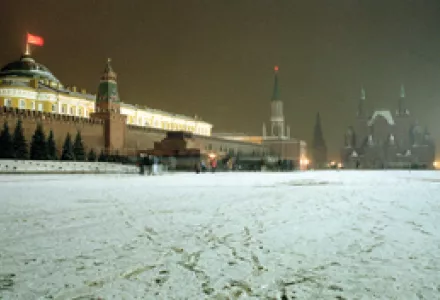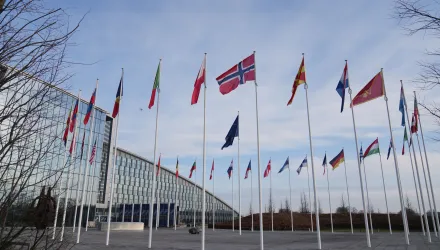Life on the Downward Slope: Assessing the Consequences of Great Power Decline
Will rising states such as China and India seek to rollback U.S. power and influence as the United States faces a period of relative decline? Or, are there policies the United States can adopt today to limit the possibility that rising states will try to exploit U.S. weaknesses in the future? Many U.S. policymakers seem to believe that the United States can discourage rising states from exploiting U.S. weaknesses as the distribution of power shifts in their favor by embedding them in international institutions and promoting their gradual democratization. Drawing on an in-depth examination of U.S. policy towards the Soviet Union over the course of 1988 to 1991, this project challenges the conventional wisdom. Far from institutional embeddedness or one's domestic makeup, it is declining state's strategic value to other states in the international system that determines the behavior of rising states towards a declining great power.
Please join us! Coffee and tea provided. Everyone is welcome, but admittance will be on a first come–first served basis.



